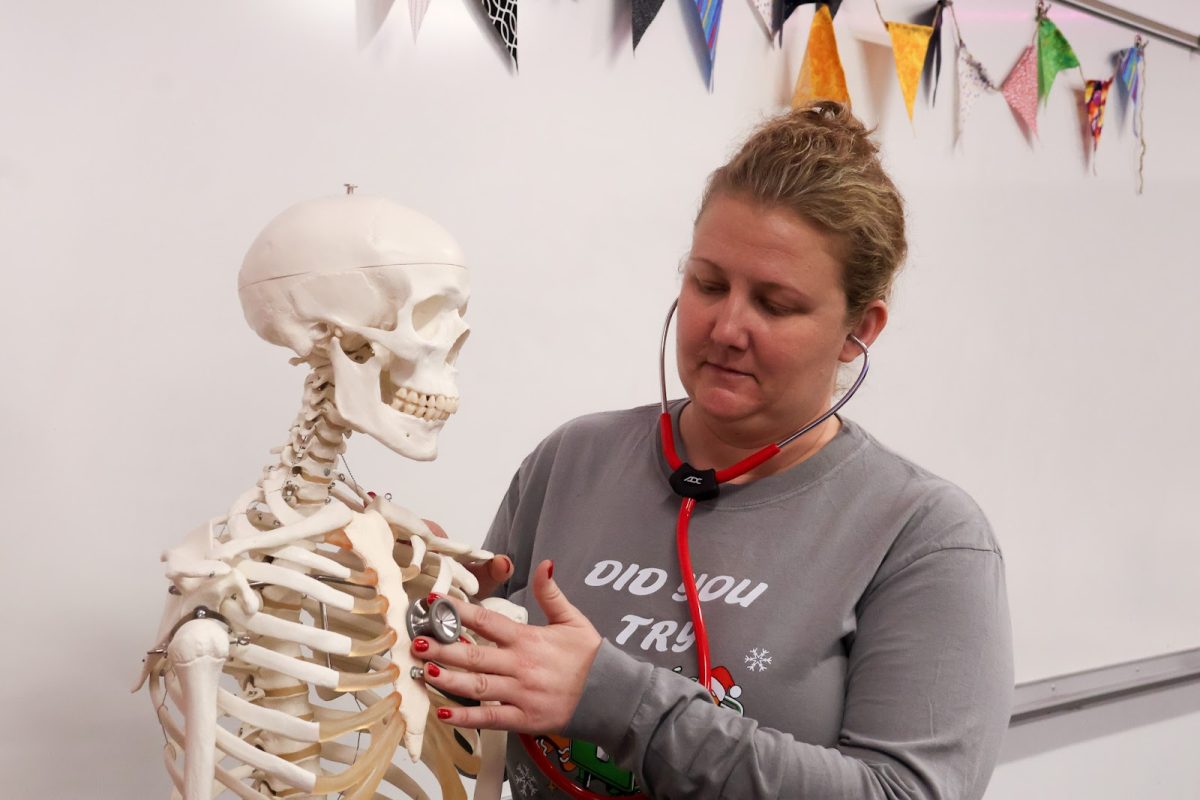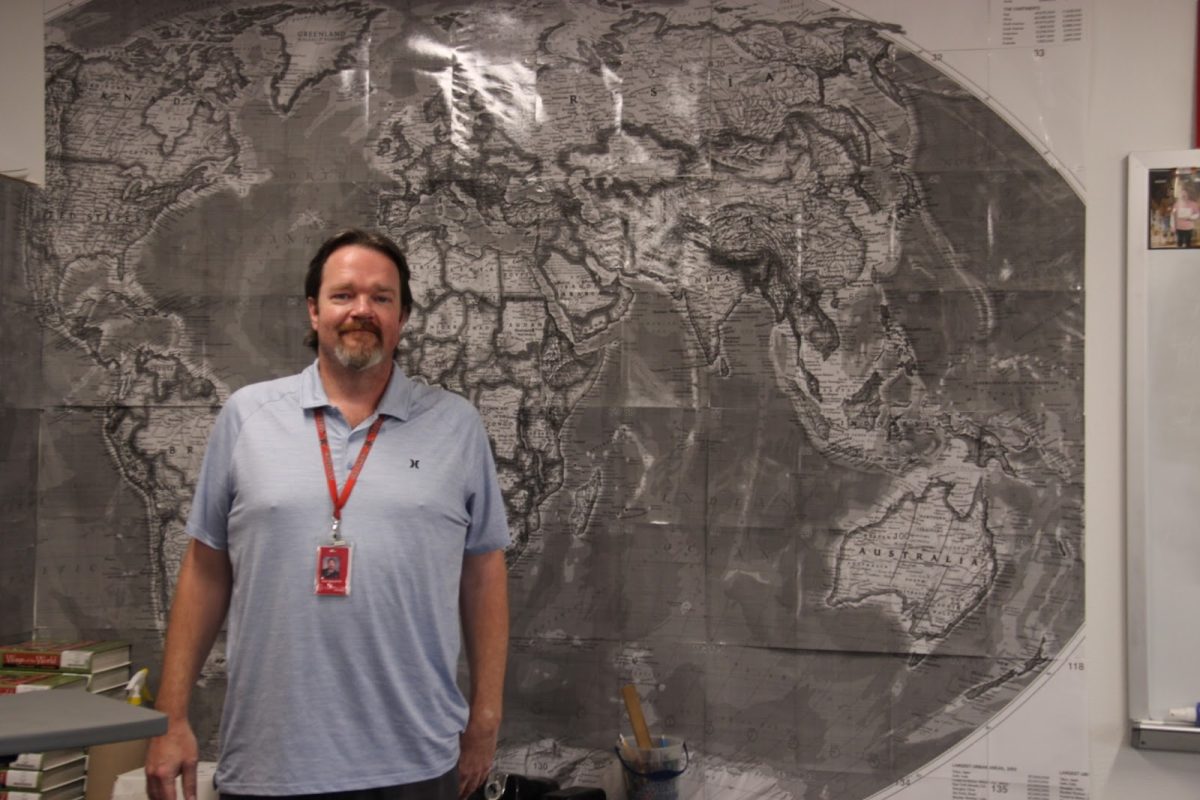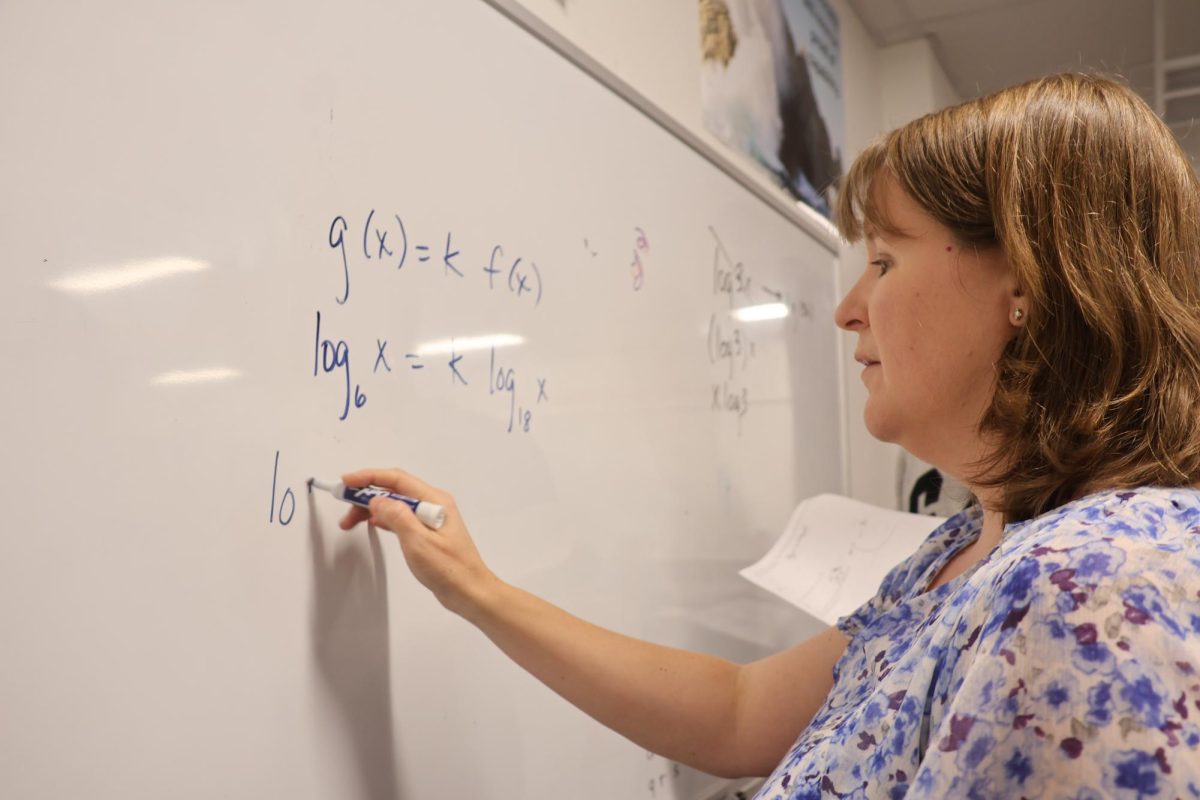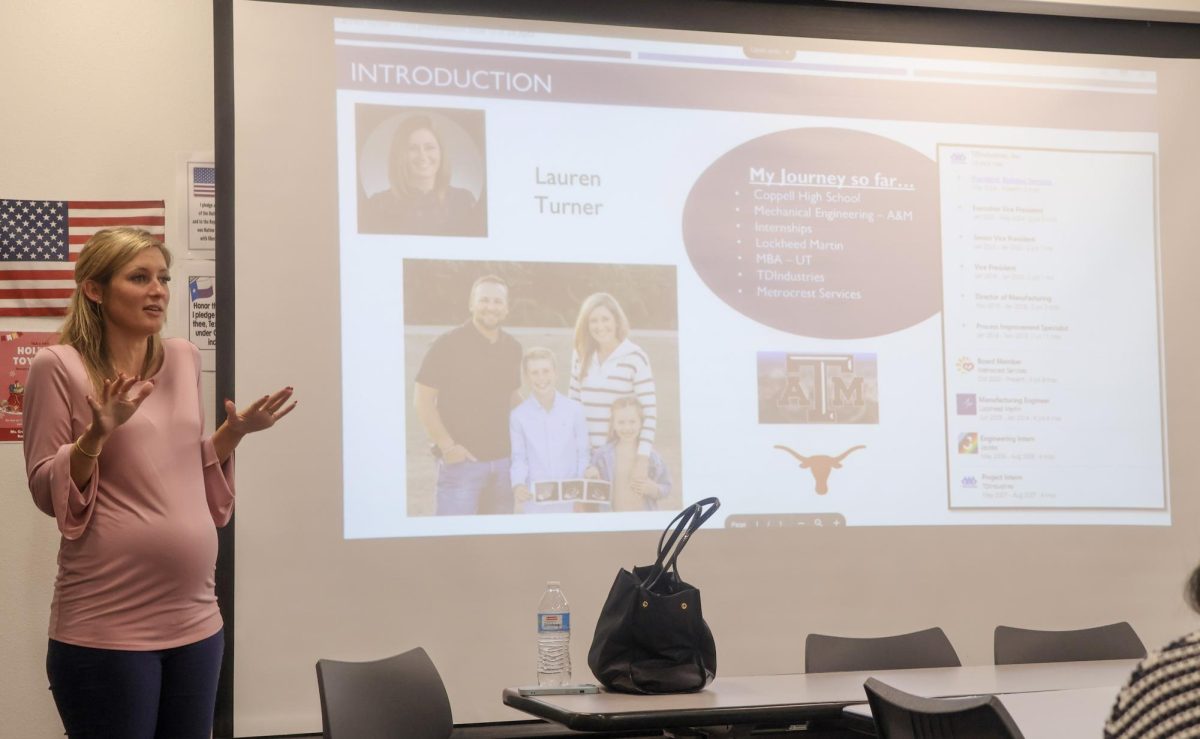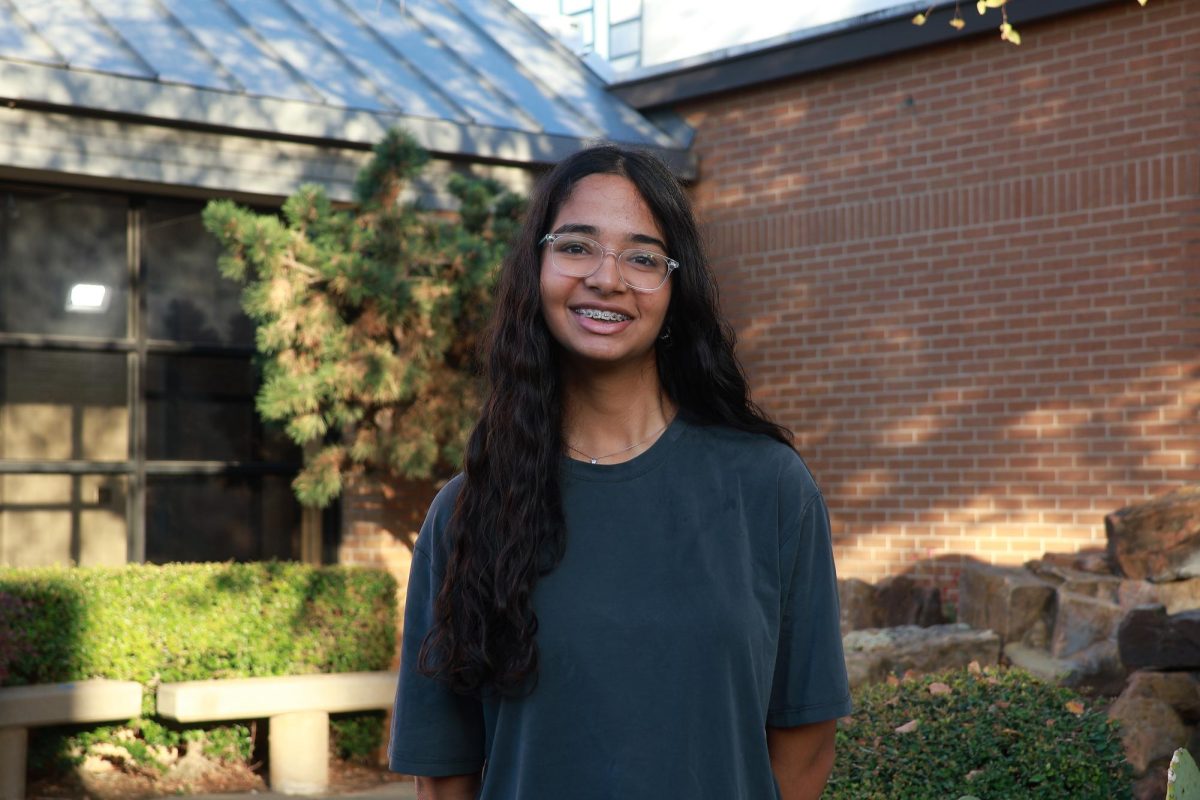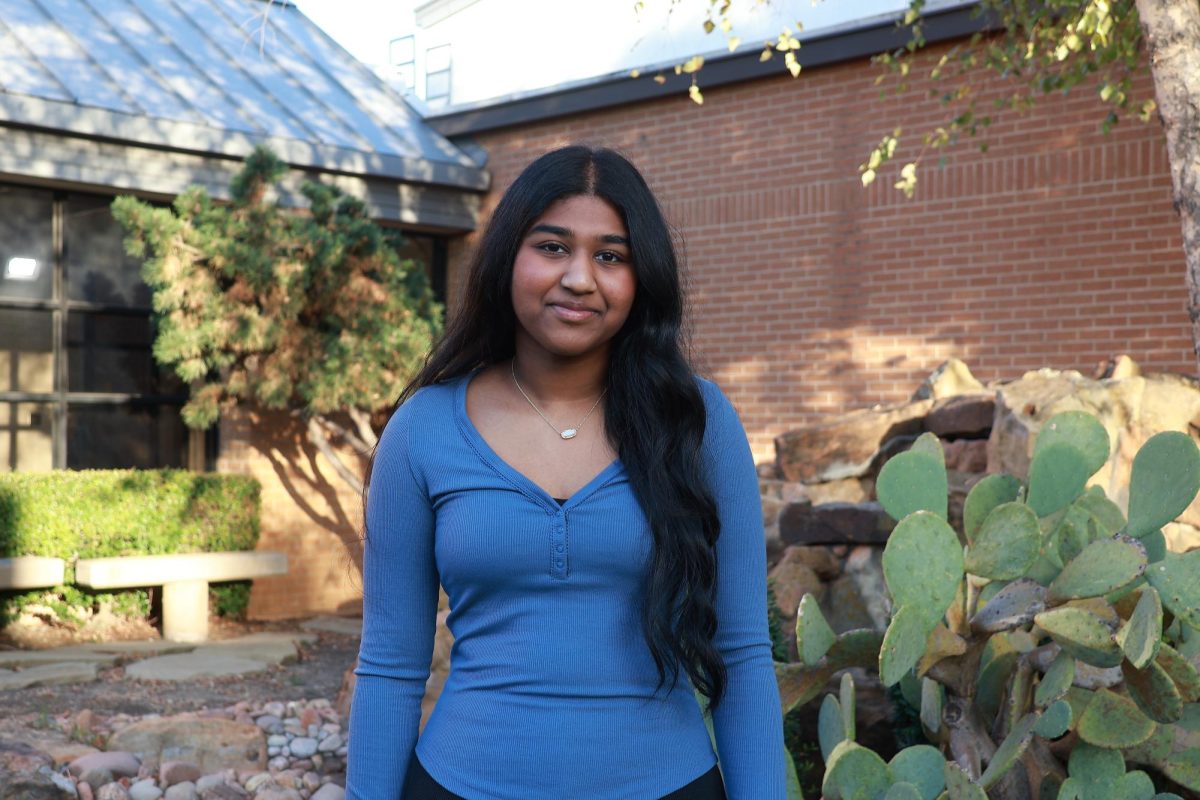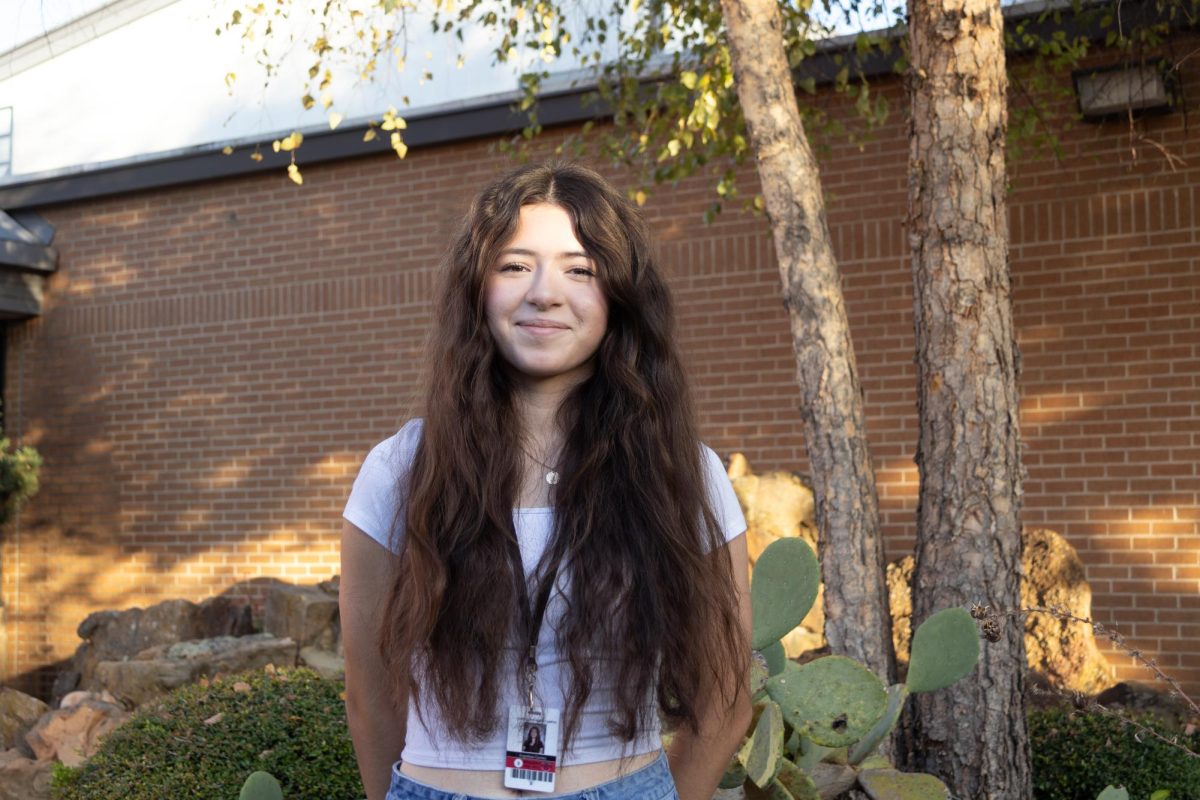Sloane Samberson
staff writer
@sloane_avery
If you live in Coppell, you have probably driven past a small red brick building just off of the southeast corner of Denton Tap Road and Natches Trace Drive. This building is Victory Place @ Coppell, home to the two educational programs of Turning Point and Compass.
People often have the wrong perception of Turning Point. Turning Point is a by-choice accelerated high school program, whereas Compass is the discipline program for the district.
“Compass is not for ‘bad’ kids, it is for learners who have made a ‘bad choice’,” Victory Place Principal Ron-Marie Johnson said. “They have a consequence [days served at Compass], and then they return to their home campus. The recidivism rate is about one percent, we rarely see the same learner sent to Compass again. Everyone makes mistakes and doesn’t deserve to carry a ‘bad kid’ label.”
At Turning Point, a majority of the coursework is online, but there is a PE program, genius hour lessons (a time for learners to work in groups on enrichment lessons and experiences), service learning, speakers and field trips. Educators facilitate the online classes and design lessons for each learner experience.
“They are two separate programs in the same building,” Johnson said. “Just like you have English and Math at [Coppell High School], it doesn’t mean that CHS is for English learners only. Turning Point is in its 13th year and about 10 percent of the high school class graduates from TP. They are still CHS learners and go to prom and to the graduation ceremony like every other CHS graduate.”
The relationships amongst peers and between learners and facilitators at Turning Point is very close knit.
“The environment is like ‘one big family,’ everyone here supports each other,” soon to be graduate Lydia Lutton said. “At CHS you get caught up in the cliques, but here since we’re together all day in two classrooms, you really get to know everyone on a deeper level.
Facilitators really make an effort to get to know each learner personally, to build trust and to help them when they are struggling.
“I have built really strong relationships here, especially with my counselor,” soon to be graduate Ally Bush said. “The facilitators also really understand when I am going through something outside of school and help me when it is affecting me in school.”
The duration it takes for a learner to graduate is purely up to them. They must master the same TEKS/objectives required, pass the required state assessments and meet the same graduation credit requirement of any other CISD graduate. On average, a learner can complete twice as many credits as they could in the traditional settings.
There are many reasons why students decide to graduate early. Whether they have completed their credits and want to graduate early to start college in January, are experiencing financial difficulties, want to begin career plans, are training to become a professional athlete or just want to be done with high school.
“High school hasn’t been my most favorite period of time, that is why I am choosing to graduate early and move on to the next chapter of my life,” soon to be graduate Zach Conners said. “After I graduate here, I will start working until next fall when I attend college for computer programming.”
Jimena Flores chose to graduate early because she is an aspiring ballerina.
“The lack of time to train was critical,” Flores said. “This past year (junior year), I was President of the Spanish Honor Society, took two Dual Credit courses and time consuming school work. It was difficult to balance everything out, but by graduating early it has given me more time to train and prepare for upcoming auditions.”
Flores graduated as of September 12, 2014.
Graduating early has positively affected 2013 graduate Amber Bouressa’s life. Bouressa started attending Turning Point in hopes of getting a head start on becoming a policewoman.
“I am now a step ahead of where I would have been,” Bouressa said. “I have a job and will already have my associate’s degree here in a couple months. I wouldn’t be at this point so quickly if I hadn’t have graduated a whole year early. I can now apply to the police academy even earlier because I already have all of the required college hours.”
Over the last 12 years, more than 90 percent of students who graduate from Turning Point plan to go to college.
“Turning Point provides excellent tools to take ownership of your education and prepare for success after graduation from high school,” Johnson said.




